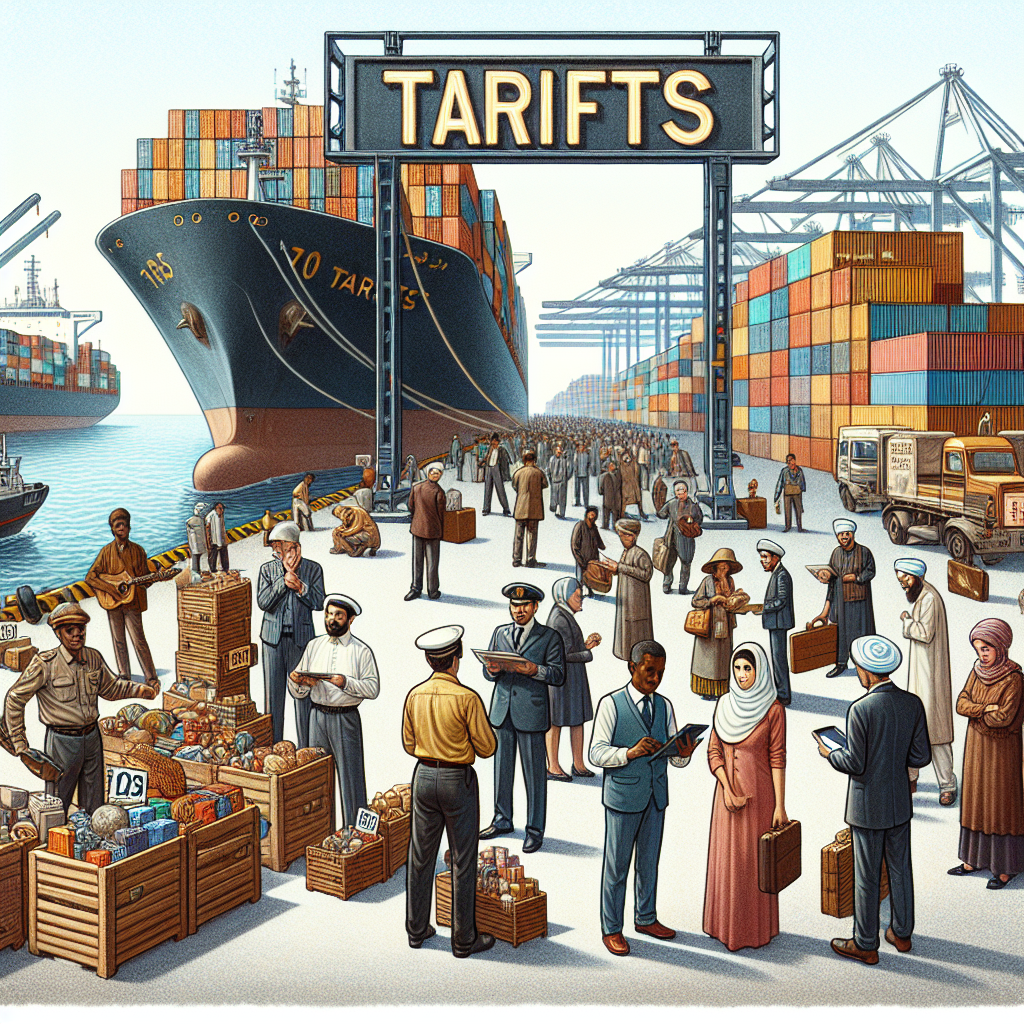Trade Turmoil: Trump's Tariff Threats Shake Global Markets
President-elect Donald Trump's proposed tariffs on Canada, Mexico, and China are threatening to destabilize economies, increase inflation, and disrupt job markets. Major trading partners warned of the repercussions, suggesting that such tariffs violate the US-Mexico-Canada Agreement and could severely impact the US auto industry and cross-border energy trade.

President-elect Donald Trump's recent tariff threats against major U.S. trading partners, Canada, Mexico, and China, have sent shockwaves through global financial markets. Officials and industry groups across these nations caution that such moves could destabilize economies, stoke inflation, and disrupt job markets.
The proposed tariffs, including a 25% levy on Canadian and Mexican imports and an additional 10% on Chinese goods, would not exempt crucial trade sectors like crude oil. Concerns are rising that these actions could fracture key agreements such as the U.S.-Mexico-Canada Agreement (USMCA) and heavily impact industries like the U.S. auto sector.
Amid fears of a retaliatory trade war, analysts forecast a potential spike in inflation, with significant repercussions for North American energy security and consumer prices. Economists suggest these measures could be a negotiation tactic, allowing for diplomatic resolutions over trade and border challenges.
(With inputs from agencies.)
ALSO READ
Trump asks Rep. Mike Waltz to be his national security adviser, putting China hawk in top foreign policy spot: AP source.
Mexico Considers Retaliatory Tariffs in Response to U.S. Trade Measures
China Plans to Slash Taxes on Home Purchases
Hong Kong Stocks Dip Amid Weak Loan Growth Data from China
Air China Set to Launch COMAC's C929 in Global Aviation Battle










